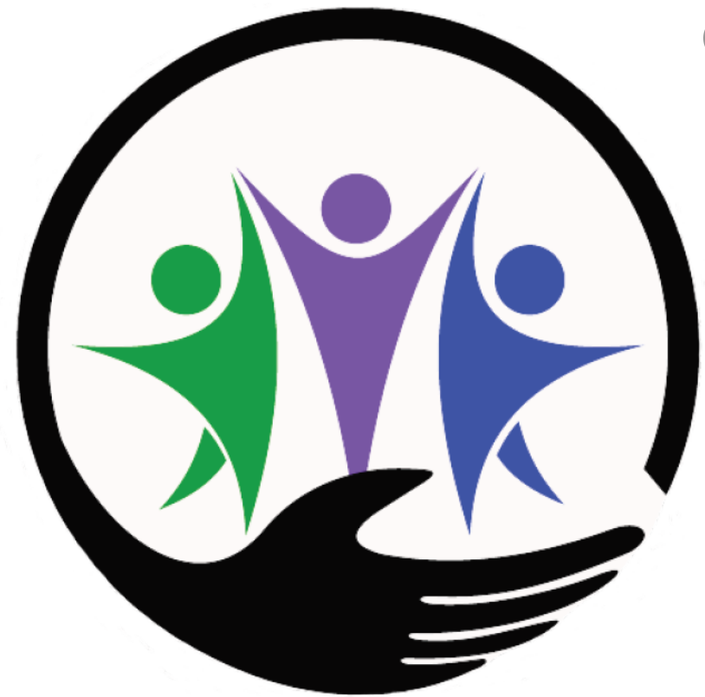Ethics refers to the branch of philosophy that deals with questions of morality, values, and principles that govern human conduct.


Ethics involves examining what is right and wrong, good and bad, fair and unfair, and just and unjust and seeks to determine how individuals should act in personal and social contexts and often involves the study of moral duties, rights, and obligations.
Abstract Artwork Credit: Fons Heijnsbroek, abstract art https://heijnsbroek.exto.org/

At its core, ethics explores how people ought to behave, considering factors like::
Moral principles: What standards or guidelines should guide human behaviour?
Values: What are the things people or societies deem important, such as honesty, fairness, or loyalty?
Consequences: What are the effects of our actions on others, society, or the environment?
Virtue: What qualities make someone a good or moral person?
Abstract Artwork Credit: Fons Heijnsbroek, abstract art https://heijnsbroek.exto.org

Ethics can be applied in many fields, including personal life, business, law, medicine, politics, and technology. It involves making decisions and taking actions that align with one's moral beliefs and societal expectations.
Abstract Artwork Credit: Fons Heijnsbroek, abstract art https://heijnsbroek.exto.org

Recent history demonstrates the importance of ethics in Leadership!
We discuss the reasons why Authentic Leaders concentrate on being the best and most ethical versions of themselves and these five cases are an example of why this is important.
Enron - The Enron scandal exemplifies catastrophic corporate fraud. Kenneth Lay, the CEO, implemented deceptive practices that ultimately led to the company’s downfall.
Worldcom—Concurrent with the Enron scandal, Worldcom, then the second-largest long-distance telecommunications company in the US, was embroiled in its crisis. CEO Bernard Ebbers concealed a massive debt of $400 million, which resulted in a significant drop in Worldcom’s stock value.
Tyco Case - Tyco, an extensive security and electronics firm, suffered significant corporate fraud when CEO Dennis Kozlowski and CFO Mark Schwartz were found guilty of siphoning funds to support their lavish lifestyles.
Hollinger International
Under CEO Conrad Black, Hollinger International grew to become one of the largest media conglomerates in the world after acquiring the Daily Telegraph, a British newspaper. Following an internal investigation in 2003, the board boarded Black regarding nearly $200 million in payments made to him and four other directors.
Yahoo Case
Scott Thompson took over as CEO of Yahoo in 2012, tasked with reviving the struggling company. However, a shareholder activist group soon alleged that Thompson had misrepresented his academic qualifications in his CV. This revealed the failure of the Board’s Appointments Committee to conduct a thorough investigation. This incident raised serious concerns regarding the fiduciary responsibilities of the involved Board members and led to potential disciplinary and legal actions from the US Securities and Exchange Commission (SEC).




